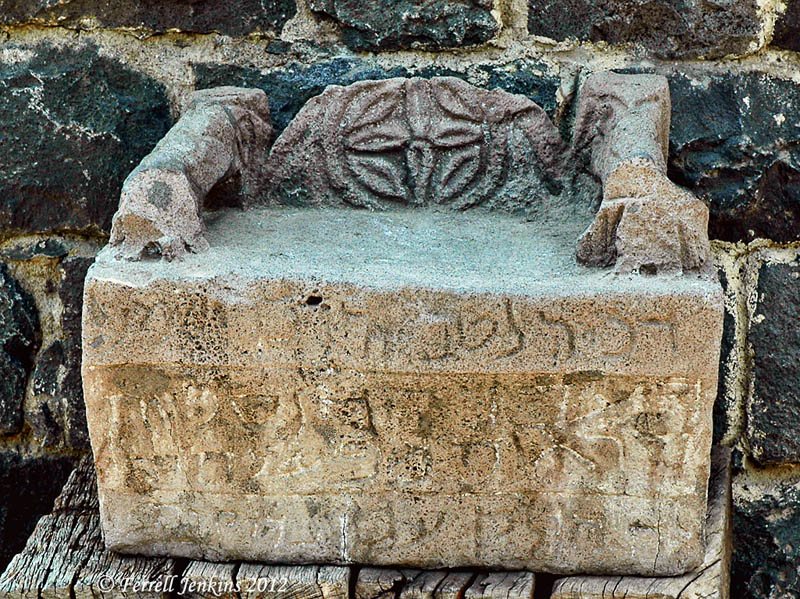
The seat is in the Israel Museum.
Exodus 21:1 Now these are the judgments which you will set before them. C-MATS
Question: What is the civil law? The civil laws are an extension of the Tenth Commandment: Do not covet. In order to know what he may not covet, one must know the rights and property of others. Torah now goes on to begin defining what it is that belongs to others. Chumash
Question: The Torah is full of very detailed codes of conduct. Why do you think an infinite Elohim would be so concerned with such seemingly unspiritual petty details as property laws? The answer to that depends upon how we define spirituality. The Hebrew spiritual ideal is to neither overly indulge in, nor abstain from the physical world and all of its activities. Rather, our goal is to perfect the physical world by being involved in it, but in a moderate and just way. יהוה‘s ‘concern’ is to provide us, via the Torah, with detailed guidance in all of life’s situations, so that we can best elevate them, and by doing so, perfect the world, and ourselves. Chumash
In Exodus chapter 21 Moses begins to teach the instructions of Torah to the redeemed את Children of Israel (Israelites) and prepare them to enter יהוה Father’s covenant את land. We can easily see that יהוה Father made an everlasting blood covenant though את with the Israelites, who were set free to serve the Yah-head יהוה את our Elohim and walk in His Torah. C-MATS
